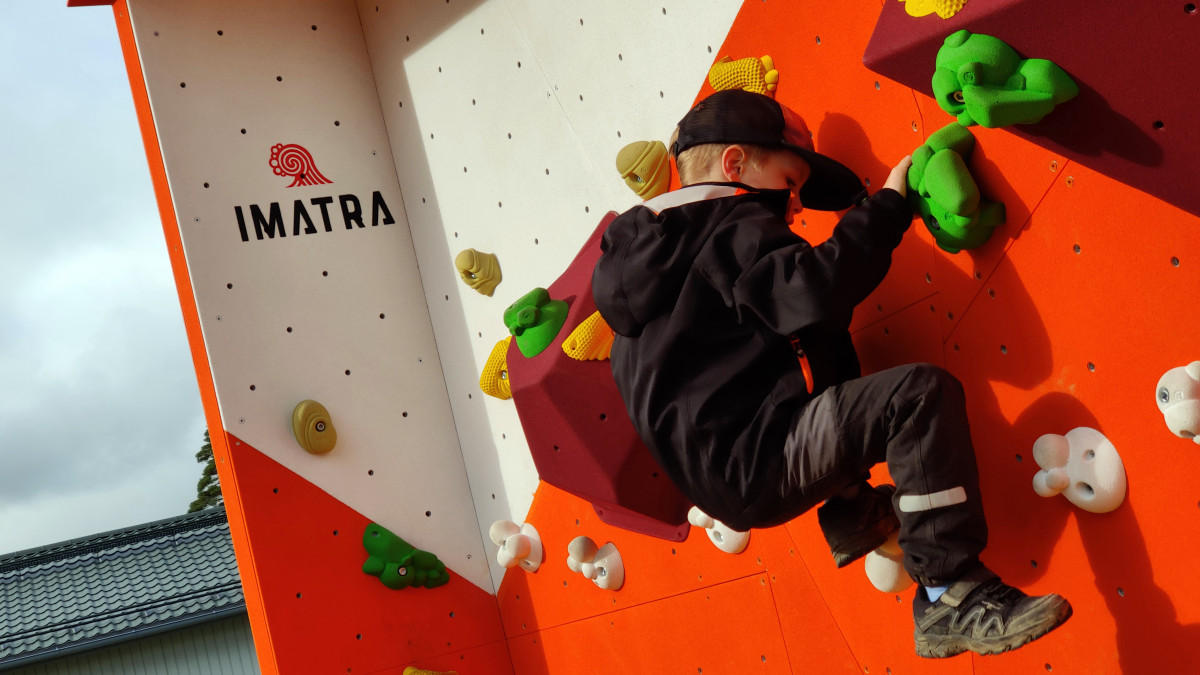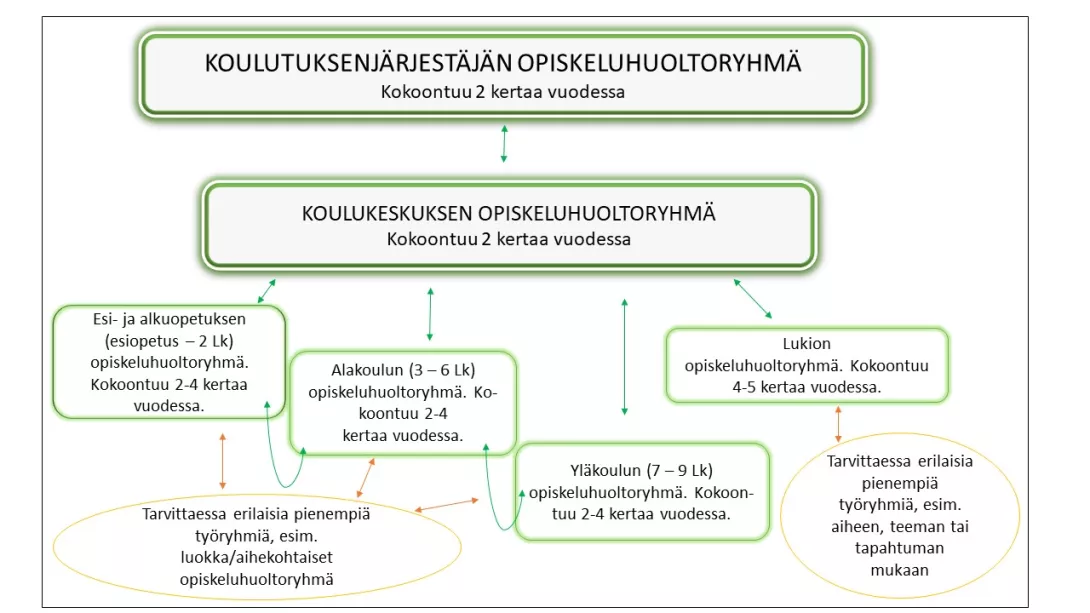
Imatra's student maintenance plan is being renewed
The study maintenance plan for Imatra's pre-school and schools has been renewed. The new plan unifies the existing operating methods of the school centers and makes visible the work that has been done in pre-school education and schools until now.
The goal of student care is to promote students' well-being and prevent the occurrence of problems. The work is multidisciplinary, and it involves the study care professionals of the South Karelia welfare area, such as nurses, psychologists and curators, as well as school employees, guardians and students.
—Not everyone is involved in everything, but the composition of study care groups is always considered on a case-by-case basis. If necessary, other authorities can also be involved, for example the police, the head of education and youth Minna Rovio says.
Study support groups meet regularly
The study care plan is structured around study care groups that meet regularly.
The groups operate on four levels: the study support group covering the entire city and the school centers' own study support groups meet twice a year.
—These groups deal with issues more broadly at the level of the entire city and school centers, development coordinator Raisa Pöntinen says.
Smaller groups operate within each school center: the pre-primary and primary education study support group, the elementary school study support group and the middle school study support group. These groups meet 2–4 times a year. The high school's study support group meets 4–5 times a year.
—In smaller groups, concrete actions are planned to promote the well-being of the community at any given time. The starting point for planning activities is knowledge of the school community's current situation, when actions are based on the community's need for change, says Pöntinen.
In addition, for example, groups dealing with issues of a single class can be established.
—This can be done, for example, if a phenomenon emerges among a class that needs to be addressed by student welfare. Such a phenomenon could be, for example, lateness to classes agreed together, Rovio says.
Community-based study care work groups do not deal with situations related to individual children or young people.
They are dealt with in an individual study maintenance working group, which is assembled by the person to whom the matter comes up. The people who are considered to be able to help the child or young person the best participate in the group's work.

In the background, the welfare area and the law change
The background of the reform is the start of the welfare areas at the turn of the year and the change in legislation.
—After the start of the welfare area, the municipality has a greater importance than before as the recipient of student care services. Municipalities define their need for student care, and the welfare area tries to meet the need, Rovio says.
The student care plan has been worked on together with kindergarten directors, school center principals, representatives of the welfare area, and pupils and students. Guardians have also participated in the planning through parent committees.
The welfare board approved the plan at its meeting on Wednesday 17.5.2023 May 1.8. The new plan will be introduced on August XNUMX. from
For more information:
Education and youth manager Minna Rovio, go. rovio imatra.fi (minna[dot]rovio[at]imatra[dot]fi), tel. 020 617 3404
imatra.fi (minna[dot]rovio[at]imatra[dot]fi), tel. 020 617 3404
Development coordinator Raisa Pöntinen, raisa imatra.fi (raisa[dot]pontinen[at]imatra[dot]fi), tel. 020 617 1106
imatra.fi (raisa[dot]pontinen[at]imatra[dot]fi), tel. 020 617 1106
Write a comment